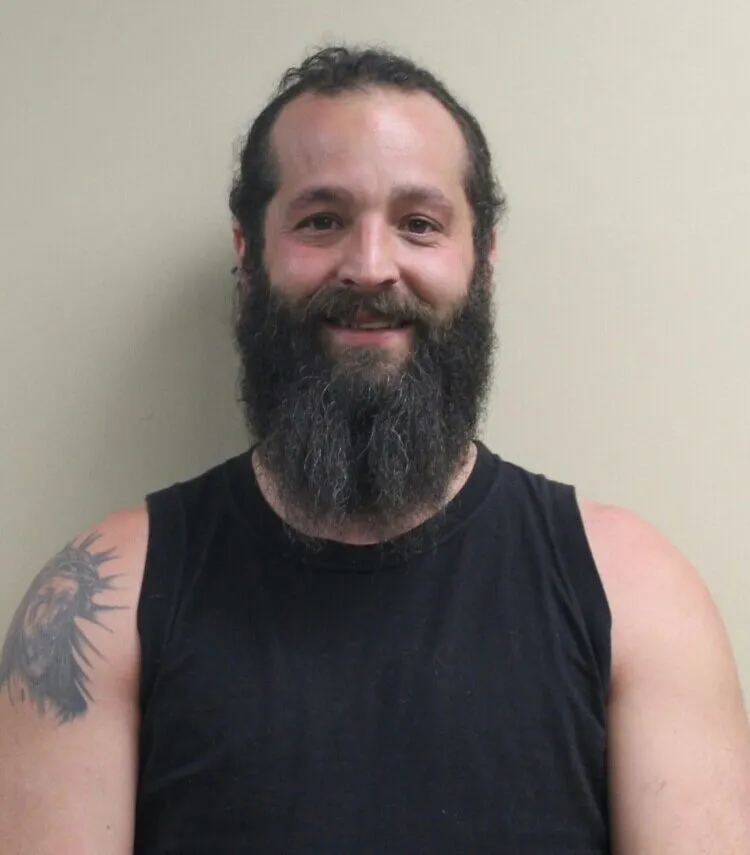A controversial figure stirring cult fears and legal troubles across states.
Gary D. Blankenship, known on social media as GD Blankenship, emerged as a controversial figure after his activities in St. Agatha, Maine, raised fears of cult-like behavior among local residents. Blankenship, originally from North Carolina, and his family moved into a Civil War-era house in St. Agatha, a decision that later led to eviction proceedings against him. He was accused by the local community of running a cult, among other allegations such as wanting to shoot up a school, which he vehemently denied, attributing the claims to “slander, gossip, and lies.” Blankenship’s presence in St. Agatha, along with his family and some followers, became a subject of intense scrutiny and eventually led to legal action requiring him to vacate the property.
Blankenship’s legal troubles extended beyond Maine. He was arrested in Watertown, South Dakota, as a fugitive from justice on charges stemming from Tennessee, including the theft of a vehicle and hindering a secured creditor. These warrants had led to a brief detention in Maine before his eventual move. Despite these legal issues, Blankenship told the Sun Journal that the Tennessee warrants were based on misunderstandings that should have been cleared by local police. After being ordered to leave his residence in Maine, Blankenship indicated a desire to move to a warmer location, despite having relocated to South Dakota, a decision influenced by invitations from online followers.
Further complicating Blankenship’s public persona, CultFacts.com lists him as a conspiracy theorist campaigning against vaccines and the New World Order. In 2020, he rented a house in St. Agatha, a small village near the Canadian border, and encouraged over 1,000 online followers to join him, which contributed to the local unrest and fears of a cult takeover.
Blankenship’s story is a complex one, involving allegations of cult leadership, legal entanglements across multiple states, and a significant online presence that has both supported and vilified his actions. His case highlights the challenges small communities face when confronted with individuals or groups that are perceived as threatening or outside the norm, as well as the complexities of legal and social media-driven narratives in contemporary society.
image via W2Pcms




